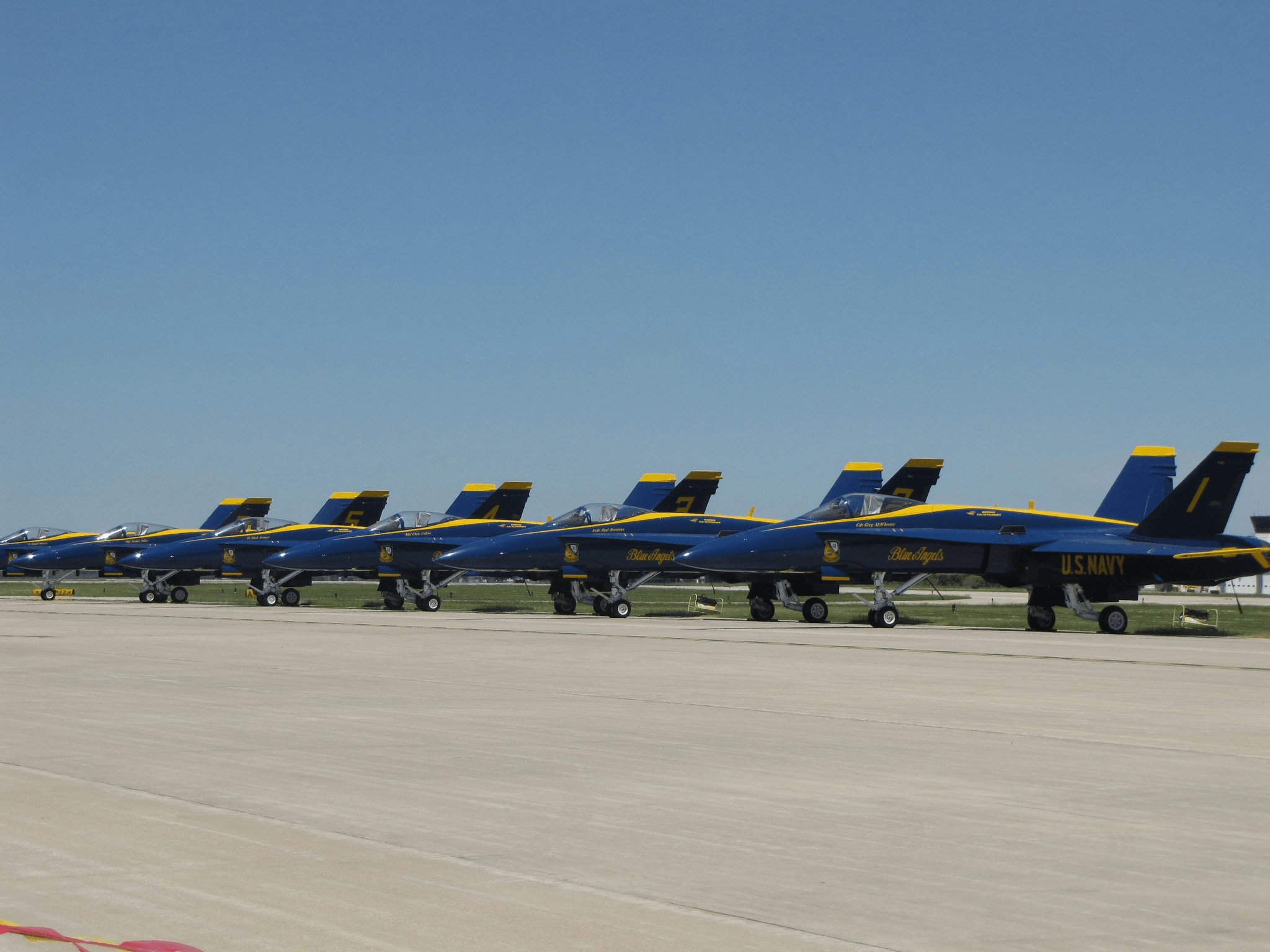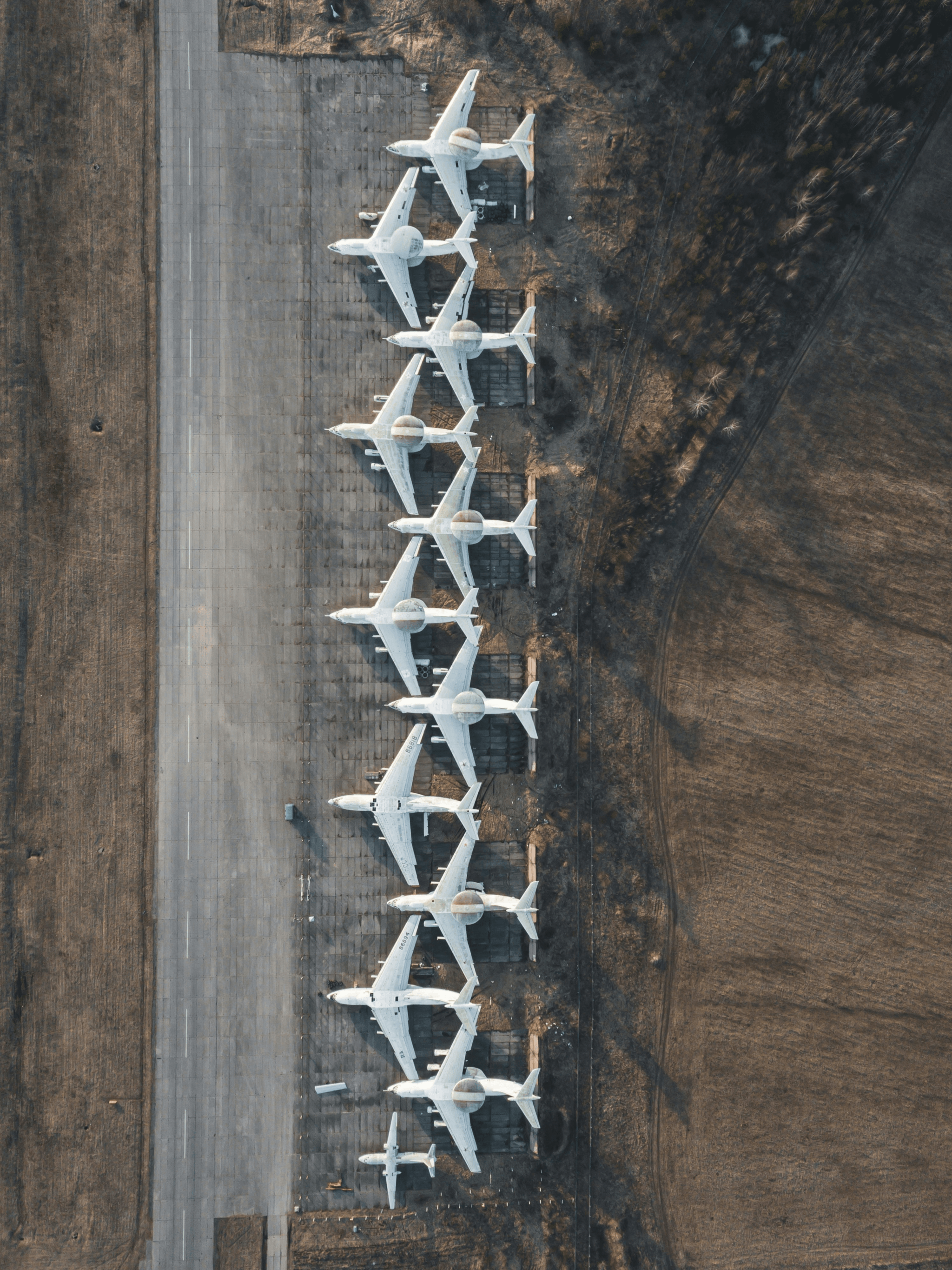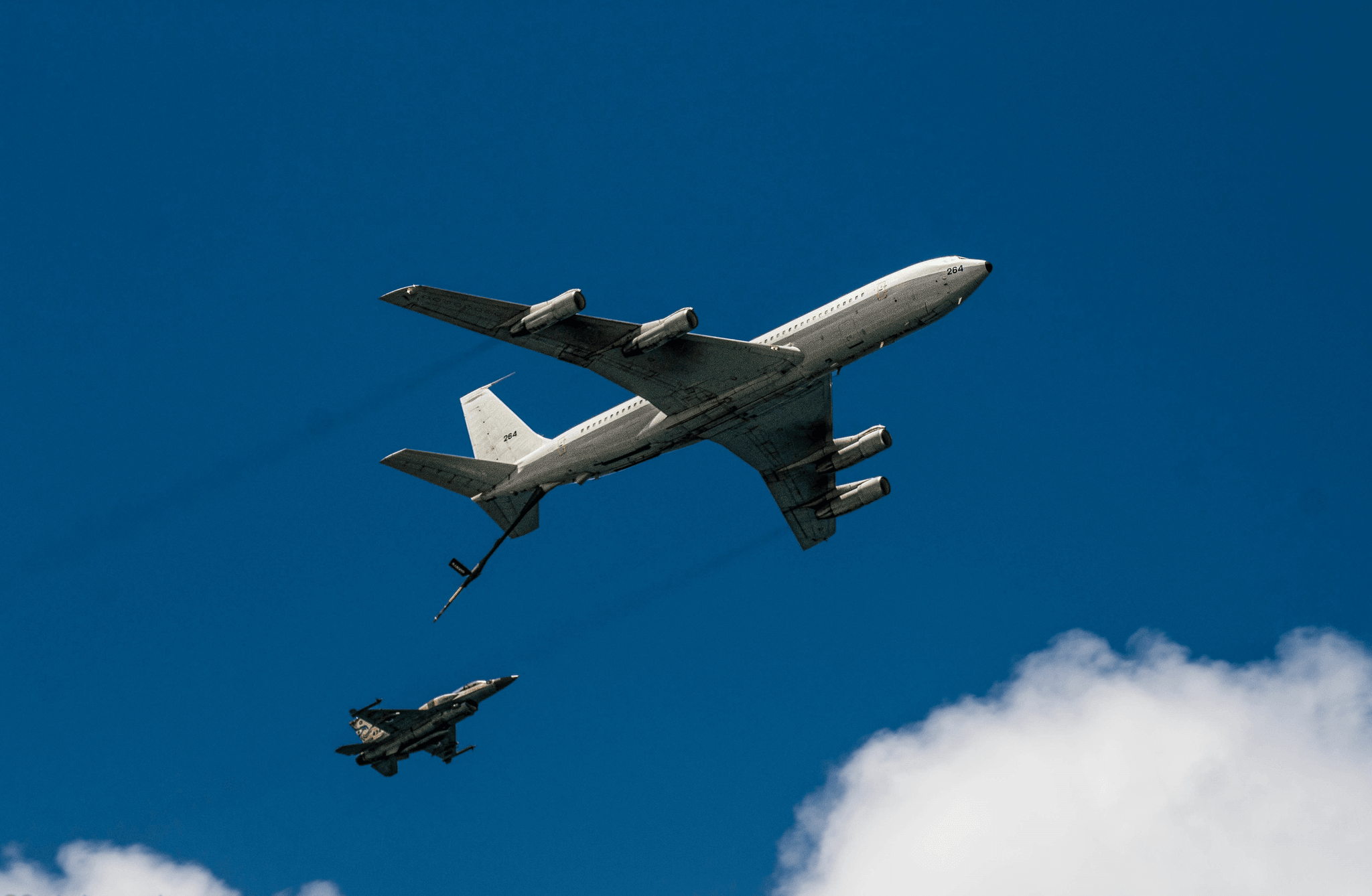Introduction

In the world of military aviation, the role of aviation refuelers is nothing short of critical. These professionals ensure that aircraft are fueled efficiently and safely, enabling them to carry out their missions effectively. Among the various tools at their disposal, the air force fuel truck stands out as a vital asset in maintaining operational readiness.
Understanding the Role of Aviation Refuelers
Aviation refuelers are responsible for managing the complex logistics of fueling military aircraft, which can range from fighter jets to transport planes. Their expertise ensures that every mission is supported by reliable fuel supply systems, including military jet fuel trucks designed specifically for demanding environments. By understanding how these refueling operations work, we can appreciate their importance in sustaining air power.
The Importance of Efficiency in Operations
Efficiency in operations is paramount for any military force, especially when lives and national security are at stake. The performance of air force fuel trucks directly impacts how quickly and effectively aircraft can be prepared for takeoff, thus influencing mission outcomes. Questions like How much does the R11 fuel truck cost? or How much fuel does an airport fuel truck hold? become essential considerations in budget management and operational planning.
Fueling Readiness in the Air Force
Fueling readiness is a cornerstone of operational success in the Air Force; without it, even the most advanced aircraft are rendered ineffective on missions. The ability to conduct seamless fueling operations not only enhances flight capabilities but also extends mission durations through tactics such as in-flight refueling—a process crucial for long-range missions. As we delve deeper into this topic, we'll explore how each component contributes to ensuring that air forces remain ready to respond at a moment's notice.
Overview of the Air Force Fuel Truck

In the realm of military aviation, the air force fuel truck serves as a pivotal asset for ensuring that aircraft are fueled and ready for operations. These specialized vehicles are designed to transport and dispense various types of jet fuel necessary for different missions, making them indispensable to aviation refuelers. Understanding their structure, function, and types is crucial for appreciating their role in maintaining operational readiness.
What is an Air Force Fuel Truck?
An air force fuel truck is a mobile unit specifically designed to store, transport, and dispense aviation fuel directly to aircraft on the ground. These trucks are equipped with advanced systems that ensure safe handling and efficient delivery of fuels like JP-8 or Jet A-1. By providing quick refueling capabilities at airfields or forward operating bases, air force fuel trucks enable rapid deployment and sustained flight operations.
The Types of Fuel Trucks Used
The Air Force employs various types of fuel trucks tailored to meet specific operational needs. Among these are standard refuelers like the R11 fuel truck, known for its versatility and capacity; it can hold substantial amounts of jet fuel while remaining maneuverable in tight spaces. Additionally, specialized military jet fuel trucks may be utilized for unique missions requiring specific fuels or configurations—each type plays a vital role in supporting diverse aerial operations.
Key Components of Fuel Trucks
Fuel trucks are composed of several key components that work together to facilitate efficient refueling processes. Essential features include a robust chassis capable of supporting heavy loads, an intricate piping system for safe fluid transfer, and advanced filtration systems that ensure clean fuel delivery by removing impurities during dispensing. Furthermore, pneumatic control systems allow operators to manage flow rates accurately—critical when considering how much fuel an airport fuel truck can deliver swiftly during high-demand situations.
The Significance of Military Jet Fuel Trucks

Military jet fuel trucks play a crucial role in ensuring the operational readiness of air forces around the globe. These vehicles are not just ordinary fuel trucks; they are specialized units designed to meet the demanding needs of military aviation. Understanding their significance can shed light on how they contribute to mission success and overall efficiency.
Why Military Fuel Trucks Matter
Military fuel trucks, particularly those used by the Air Force, are essential for maintaining the high tempo of operations during missions. They ensure that aircraft are fueled quickly and efficiently, minimizing downtime between sorties. In a world where every second counts, having reliable aviation refuelers can mean the difference between mission success and failure.
The importance of these vehicles extends beyond mere logistics; they also enhance strategic capabilities by allowing for rapid deployment and support in various environments. The ability to refuel aircraft on-site ensures that missions can be executed without delays caused by fuel shortages or logistical bottlenecks. This efficiency is vital for maintaining air superiority in modern warfare.
Fuel Types for Military Operations
When it comes to military operations, not all fuels are created equal, and this is where military jet fuel trucks come into play. These vehicles transport specialized fuels such as Jet A-1 and JP-8, which are designed to perform under extreme conditions while providing optimal performance for fighter jets and transport aircraft alike. Understanding these fuel types is essential for ensuring that each aircraft receives the right blend necessary for its specific operational requirements.
Moreover, military jet fuel trucks must be equipped to handle various types of fuels depending on mission specifics or regional availability. This versatility allows them to adapt quickly to changing circumstances while ensuring that air crews always have access to quality fuel when needed most. Consequently, these specialized vehicles become indispensable assets within any military framework.
Efficiency in Ground Handling
Efficiency in ground handling is paramount when it comes to aviation operations, especially within a military context where time often equals lives saved or lost. Military jet fuel trucks streamline ground handling processes by allowing rapid refueling directly at forward operating bases or remote locations without requiring extensive infrastructure setups like traditional fueling stations might need.
Additionally, innovations like Haisen's Aircraft Pipeline Refueling Truck enhance this efficiency further with features aimed at reducing downtime during refueling operations. With its advanced filtration system removing impurities and moisture while accurately measuring flow rates, it ensures that every drop counts—literally! Such capabilities make these vehicles invaluable tools in achieving seamless ground support during critical missions.
The Haisen Aircraft Pipeline Refueling Truck

The Haisen Aircraft Pipeline Refueling Truck is a remarkable piece of equipment designed to meet the demanding needs of military aviation refuelers. This truck plays a crucial role in ensuring that aircraft are fueled quickly and efficiently, thereby enhancing operational readiness for the Air Force. With its advanced features and specifications, it stands out among various military jet fuel trucks used in air operations.
Features and Specifications
The Haisen Aircraft Pipeline Refueling Truck is built on a robust chassis that supports a sophisticated piping system, pneumatic control system, hydraulic system, and electrical system. These components work together to facilitate high-flow refueling services for diverse aircraft types. Notably, during refueling operations, the dispenser effectively removes impurities such as dust and moisture through filtration while accurately measuring fuel flow rate—ensuring that only clean fuel reaches the aircraft.
In comparison to other models like the CF5060TJYGX Aircraft Hydrant Dispenser, the Haisen truck boasts an impressive height of just 2 meters, making it a low-altitude hydrant dispenser ideal for underwing refueling services. This design allows it to cater to a wide range of aircraft sizes without compromising efficiency or safety. The combination of these features ensures that the Air Force fuel truck can handle various fueling tasks with ease.
Advantages for Diverse Aircraft
One of the key advantages of the Haisen Aircraft Pipeline Refueling Truck is its versatility in servicing different types of military aircraft. Whether it's fighter jets or transport planes, this truck can accommodate their unique fueling requirements effectively. By providing tailored solutions for each aircraft type, Haisen enhances operational efficiency within Air Force missions.
Moreover, its high flow rate capability significantly reduces turnaround times during refueling operations—crucial when every second counts in military scenarios. This efficiency not only saves time but also optimizes resource allocation during missions where speed is essential. As such, this air force fuel truck proves invaluable in maintaining readiness and support for extended flight operations.
High-Performance Refueling Capabilities
The high-performance capabilities of the Haisen Aircraft Pipeline Refueling Truck are further emphasized by its advanced technological features designed specifically for military use cases. It can deliver fuel at exceptional rates while maintaining strict quality control standards—ensuring that all fueled aircraft receive optimal performance levels during missions.
In-flight refueling capabilities are also enhanced by these trucks since they can quickly replenish airborne assets as needed without significant downtime on the ground or in transit. Given these attributes, it's no wonder that aviation refuelers consider this vehicle essential for maintaining mission success across various theaters of operation.
In-Flight Refueling Explained

In-flight refueling is a critical component of modern military operations, particularly for the Air Force. This process allows aircraft to receive fuel while airborne, significantly extending their operational range and mission capabilities. With the use of specialized equipment and skilled aviation refuelers, the Air Force can conduct prolonged missions without the need for frequent landings.
What is In-Flight Refueling in the Air Force?
In-flight refueling in the Air Force refers to the method of transferring fuel from one aircraft to another during flight. This capability enables combat and support aircraft to maintain longer air time without returning to base for refueling, which is essential during extended missions or in combat scenarios. The process typically involves a tanker aircraft that connects with a receiving aircraft through a hose-and-drogue or boom system, ensuring that both military jet fuel trucks and aerial tankers play pivotal roles.
How It Supports Extended Missions
The ability to refuel mid-air supports extended missions by allowing planes to stay airborne longer, thus enhancing their operational effectiveness. For instance, fighter jets can engage in prolonged air patrols or strike missions without worrying about running low on fuel. Moreover, this capability also reduces the number of ground stops required for refueling, optimizing overall mission efficiency and minimizing vulnerability during critical operations.
The Role of the R11 Fuel Truck
The R11 fuel truck serves as an essential link in ground operations supporting in-flight refueling efforts within the Air Force framework. Known for its versatility and efficiency, it provides seamless fueling solutions at airbases where military jet fuel trucks are crucial for maintaining readiness levels. When considering how much does the R11 fuel truck cost?, its investment is justified by its capacity to hold significant amounts of aviation fuel—typically around 6,000 gallons—ensuring that aircraft are always ready for action when called upon.
Practical Considerations for Fuel Trucks

When it comes to the operational efficiency of aviation refuelers, understanding the practical considerations surrounding air force fuel trucks is crucial. These vehicles are not just essential for fueling aircraft; they also represent significant investments that require careful management. From costs to capacities and maintenance, each aspect plays a vital role in ensuring that military operations run smoothly.
How Much Does the R11 Fuel Truck Cost?
The R11 fuel truck, a staple in the fleet of military jet fuel trucks, comes with a price tag that reflects its advanced capabilities and essential role in operations. Typically, the cost of an R11 fuel truck ranges from $200,000 to $300,000 depending on specifications and configurations. This investment is justified by its ability to deliver efficient refueling services while accommodating various types of aircraft.
Understanding how much the R11 fuel truck costs helps military planners allocate budgets effectively while considering long-term operational needs. Additionally, this cost must be weighed against potential savings realized from increased efficiency and reduced downtime during missions. Ultimately, investing in an air force fuel truck like the R11 can enhance overall mission readiness and success.
What is the Capacity of Airport Fuel Trucks?
When discussing how much fuel an airport fuel truck holds, it’s important to note that capacities can vary significantly based on design and purpose. Generally speaking, an air force fuel truck like the R11 can hold between 2,500 to 5,000 gallons of jet fuel or aviation gasoline. This capacity allows for quick refueling operations that are vital during high-demand scenarios.
The ability to transport large quantities of fuel efficiently means that military operations can maintain higher levels of readiness without frequent trips back to storage facilities. Moreover, such capacity ensures that multiple aircraft can be serviced simultaneously during critical missions or exercises. In essence, knowing how much fuel an airport fuel truck holds directly impacts operational planning and execution.
Maintenance and Operational Costs
Maintaining an air force fuel truck requires regular inspections and servicing to ensure optimal performance over time—this includes checking components like pumps, hoses, filters, and tanks for wear or damage. The maintenance costs associated with these vehicles can range from several thousand dollars annually depending on usage frequency and specific service requirements. Such expenses should be factored into overall budgeting for aviation refuelers.
Operational costs also come into play when evaluating how efficiently these trucks perform their duties; this includes labor costs associated with skilled personnel who operate them as well as any necessary training programs for new staff members handling military jet fuel trucks. Efficient maintenance practices not only prolong vehicle lifespan but also minimize unexpected repairs or downtime during critical missions.
In summary, understanding these practical considerations helps ensure that air force fueling operations remain effective while supporting mission success consistently—after all, reliable fueling solutions are essential in any aerial operation!
Conclusion

In the realm of military aviation, fuel trucks play a pivotal role in ensuring that operations run smoothly and efficiently. The air force fuel truck serves as the backbone of air operations, providing essential support to various aircraft types. Without these specialized vehicles, the success of missions would be jeopardized, highlighting their importance in both logistical and tactical contexts.
Fuel Trucks: The Backbone of Air Operations
Fuel trucks are indispensable for maintaining the operational readiness of military forces. The air force fuel truck is designed to deliver jet fuel swiftly and safely to aircraft on the ground, ensuring they are always ready for takeoff. This capability is crucial in high-pressure situations where every second counts, making these vehicles a vital component of air power.
Ensuring Mission Success with Reliable Fueling
Reliable fueling solutions directly contribute to mission success in the Air Force. Understanding how much does the R11 fuel truck cost can help military planners allocate resources effectively while ensuring that all aircraft remain fueled and ready for action. Additionally, knowing how much fuel an airport fuel truck holds allows for efficient planning during large-scale operations or exercises.
The Future of Aviation Refueling Solutions
As technology advances, so too will aviation refueling solutions like those provided by Haisen's Aircraft Pipeline Refueling Truck. This vehicle not only features a sophisticated piping system but also boasts high flow rates that cater to diverse aircraft needs—making it an invaluable asset for future missions. With ongoing innovations in military jet fuel trucks and their capabilities, we can expect even greater efficiency and effectiveness in fueling operations moving forward.
